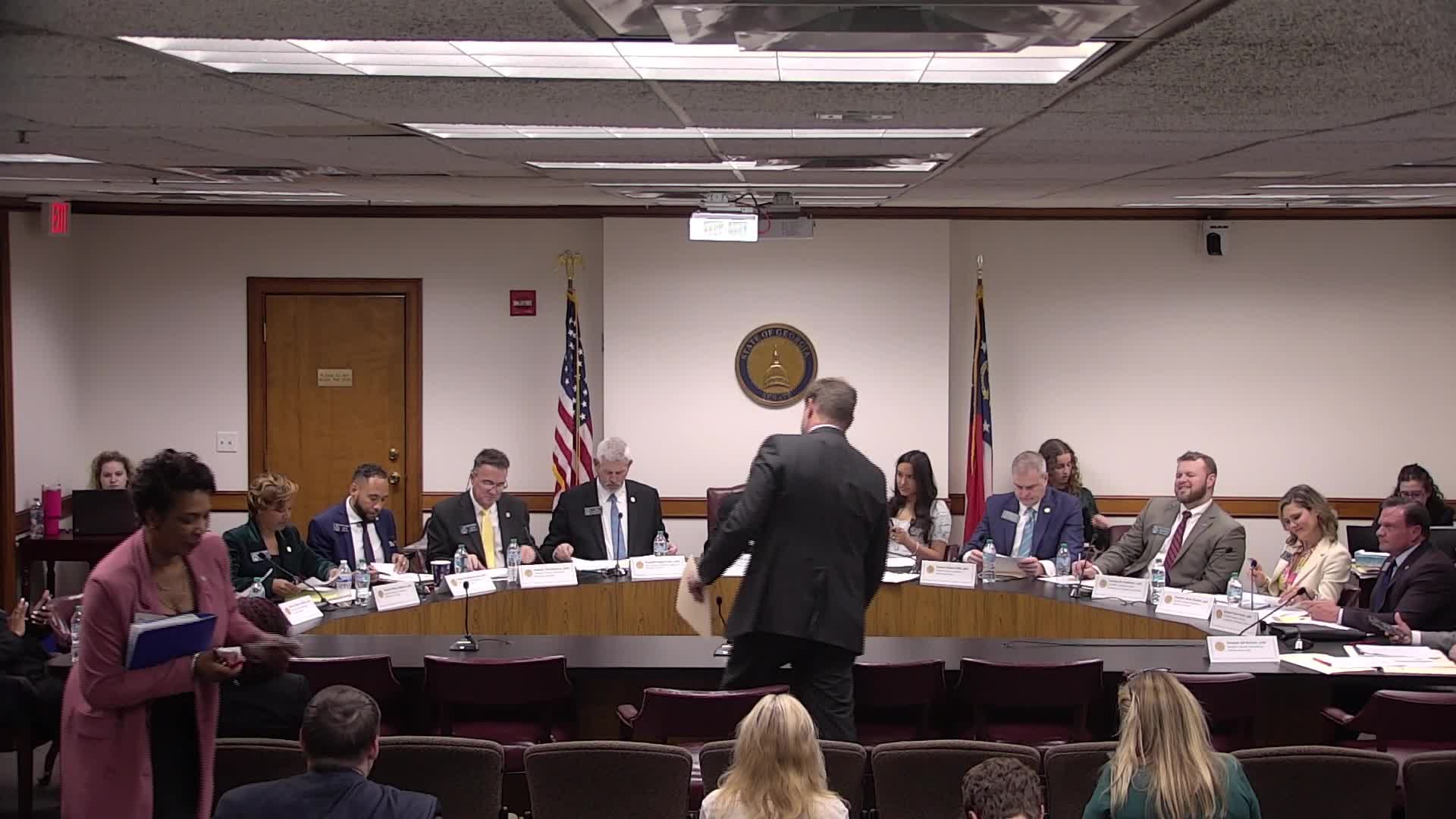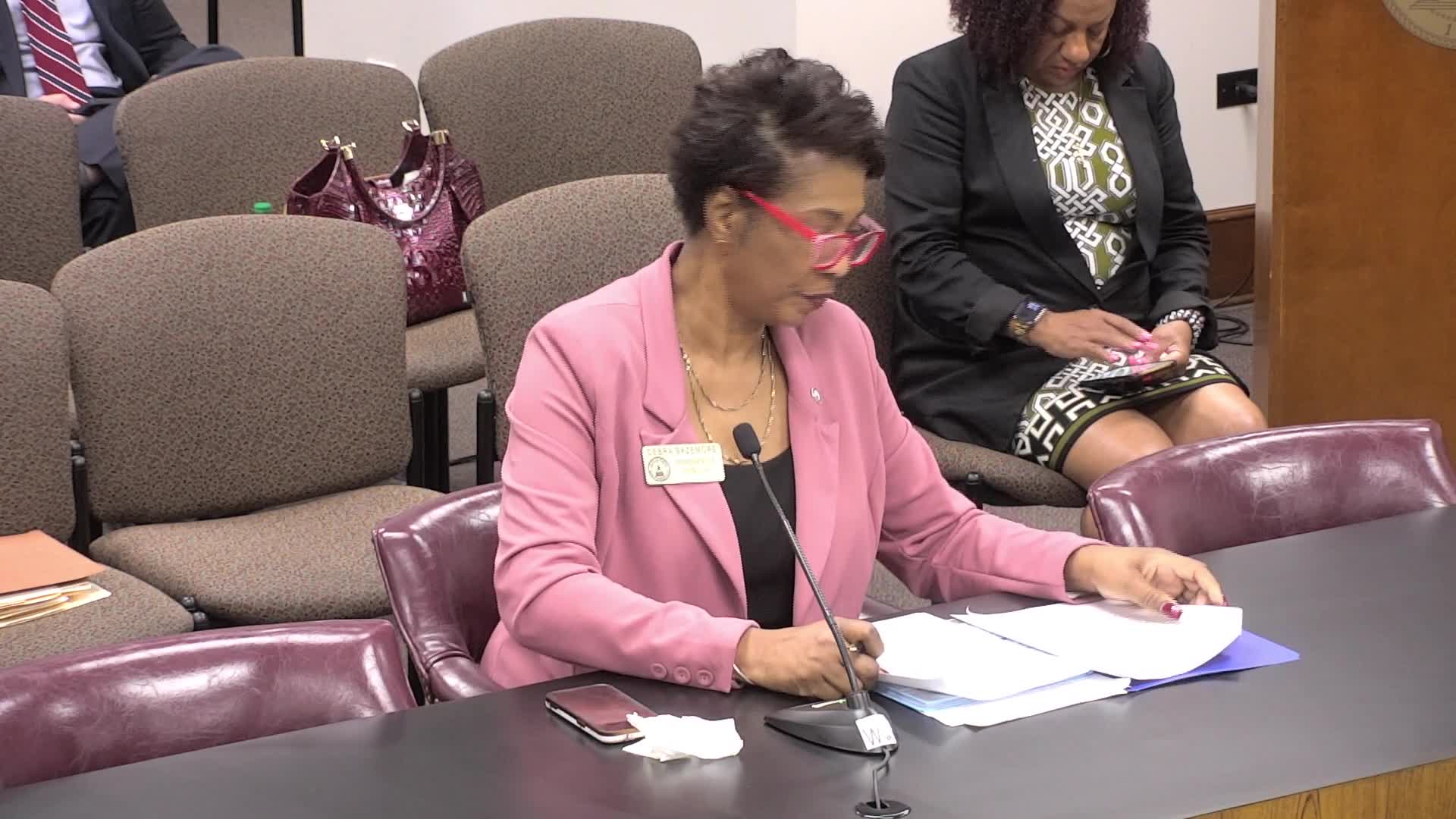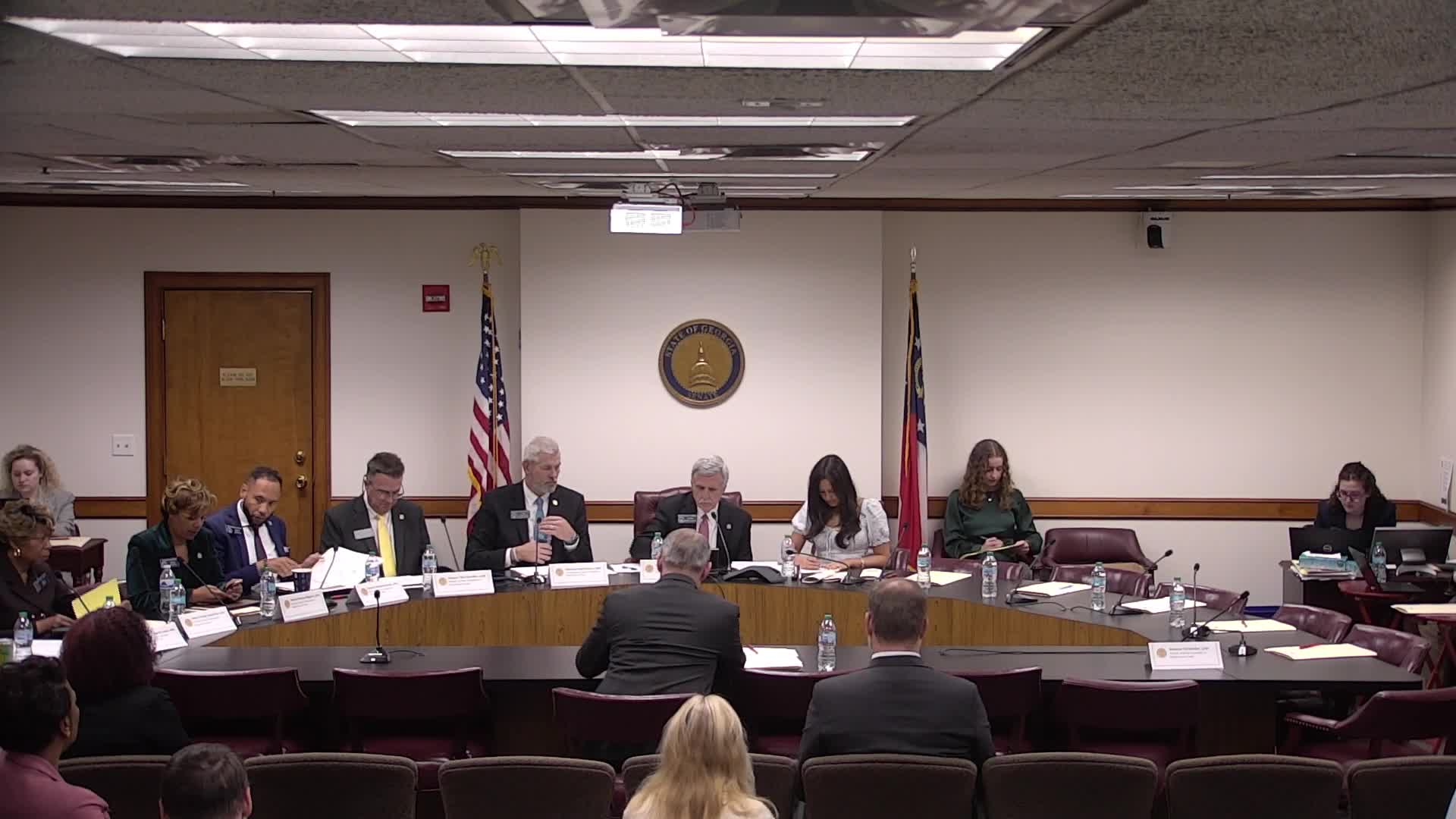Article not found
This article is no longer available. But don't worry—we've gathered other articles that discuss the same topic.

Committee clears bill allowing voluntary hunter‑safety instruction in public schools by DNR‑certified instructors

Senate committee advances bill setting accessible playground standards, writing pilot and protections for youth civic organizations

